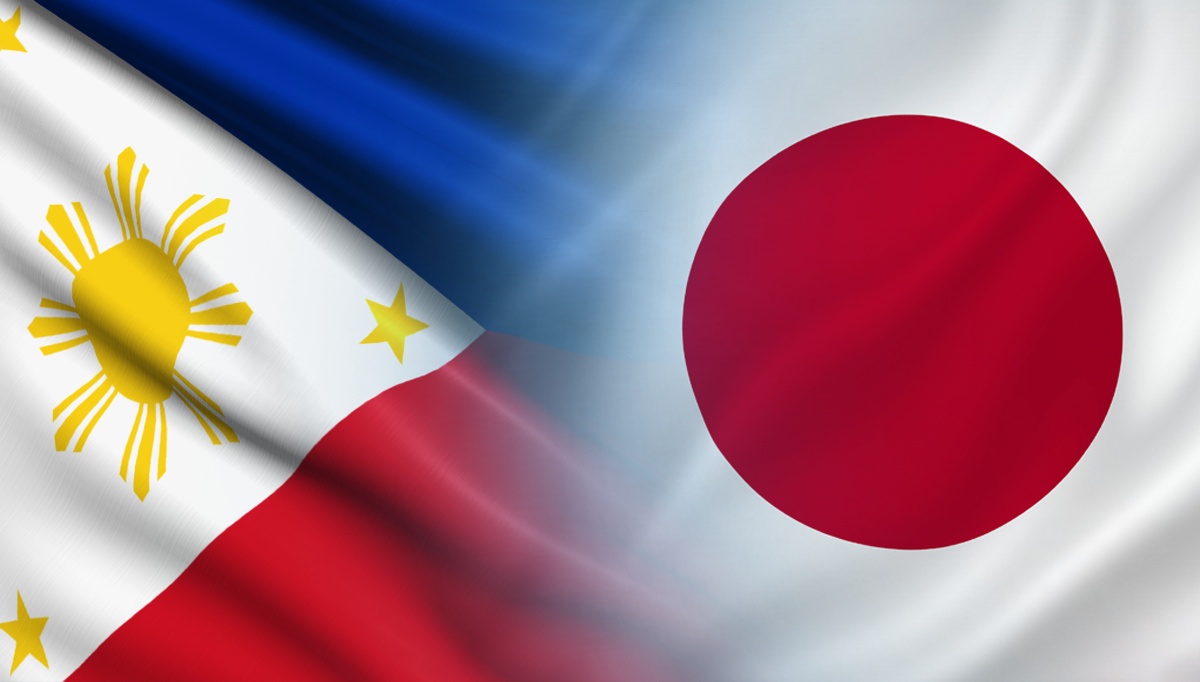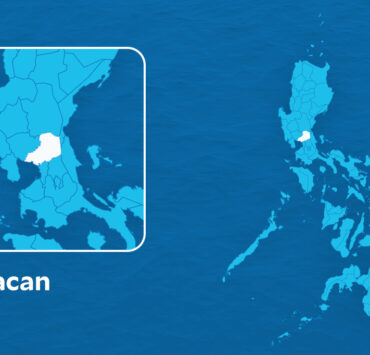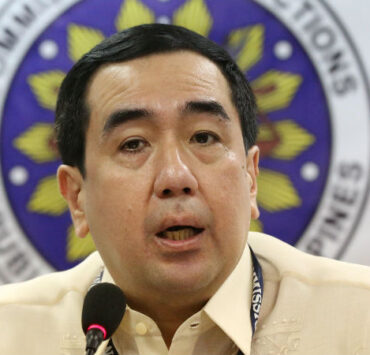PH, Japan to deepen ties via security exchange

KUALA LUMPUR—The Philippines and Japan will further strengthen their defense and security cooperation after the two partners reached an “agreement in principle” on an Acquisition and Cross-Servicing Agreement (Acsa).
The development came after the bilateral meeting of President Marcos and newly elected Japanese Prime Minister Sanae Takaichi on Sunday on the sidelines of the 47th Association of Southeast Asian Nations (Asean) Summit in Malaysia.
Pushback vs China
The enhanced security cooperation between the Philippines and Japan, regarded by analysts as a “quasi-alliance,” is seen as a pushback against China’s aggression in the South China Sea and East China Sea.
No timeline was provided by Manila and Tokyo on the signing of the Acsa, but the negotiations for the agreement started in April during the visit of former Japanese Prime Minister Shigeru Ishiba to Manila.
The Acsa is an agreement for the mutual provision of goods such as food, fuel and ammunition, and services such as transportation and medical care between the two countries.
It will allow the Japan Self-Defense Forces and the Armed Forces of the Philippines to share resources when conducting military exercises.
The foreign affairs ministries of the Philippines and Japan will have to review the draft agreement before it is signed by the defense ministers of the two countries.
Once signed, the Acsa, which is a treaty, needs to be ratified by the Senate.
In his remarks, President Marcos highlighted the deepening cooperation between the two countries in the defense and security sector, particularly noting the entry into force of the Reciprocal Access Agreement (RAA) between the Philippines and Japan in September this year.
The Philippine and Japanese militaries in October conducted their inaugural training exercise, called “Doshin-Bayanihan 5-25,” under the RAA.
Regional cornerstone
Mr. Marcos and Takaichi also underscored the importance of the Philippines-United States-Japan Trilateral Cooperation as a cornerstone of regional peace, stability, and development.
“Both leaders concurred on continuing working to strengthen the foundation for security cooperation that contributes to the peace and stability of the Philippines and the region,” according to a summary of the meeting provided by the Japanese prime minister’s office.
Mr. Marcos and Takaichi said they looked forward to celebrating the 70th anniversary, in 2026, of the normalization of diplomatic relations between the Philippines and Japan.
The Japanese government also assured support for the Philippines as Manila takes the chairmanship of Asean next year.
A memorandum of cooperation between the two countries is set to be signed at the end of the Asia Zero Emission Community Ministerial Meeting by the end of October.
Where’s the President?
Meanwhile, keen-eyed Filipino and foreign watchers were quick to spot Mr. Marcos’ absence during the customary handshake photo opportunity of the leaders of the 11-member Asean and Japan at the start of the 28th Asean-Japan Summit on Sunday, and asked about his whereabouts on social media.
The Asean-Japan Summit was among the number of related summits during the three-day 47th Asean Summit at the Kuala Lumpur Convention Center.
According to Malacañang, Mr. Marcos missed the photo ops because he was still in an “extended” bilateral meeting with United Nations Secretary General António Guterres.
“To clarify, the President was not present during the photo opportunity, but he did attend the summit,” said Palace press officer Claire Castro.

















